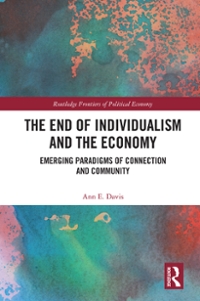Question
1) Local governments often ask resident voters to approve millages to cover the cost of local services or projects. What are some advantages and disadvantages
1) Local governments often ask resident voters to approve millages to cover the cost of local services or projects. What are some advantages and disadvantages of funding local services through voter-approved millages? What are the costs and benefits to voters of obtaining the information needed to make an efficient decision? Is the result of a millage vote likely to be efficient in the sense that necessary costs and benefits are taken into account?
2) According to the Center for Responsive Politics, House and Senate candidates who are the top campaign spenders usually win elections as shown in the chart below. This money comes from four main sources, the largest of which is "Large Individual Contributions," according to the Federal Election Commission as reported by opensecrets.org.
- Does this give too much influence to the "large individual" contributors?
- Are the contributions necessary given the expense of getting information out to voters?
- Do you believe that the overall result is efficient after comparing the cost of influence and the benefit of information? Explain your answer.

Step by Step Solution
There are 3 Steps involved in it
Step: 1

Get Instant Access to Expert-Tailored Solutions
See step-by-step solutions with expert insights and AI powered tools for academic success
Step: 2

Step: 3

Ace Your Homework with AI
Get the answers you need in no time with our AI-driven, step-by-step assistance
Get Started


